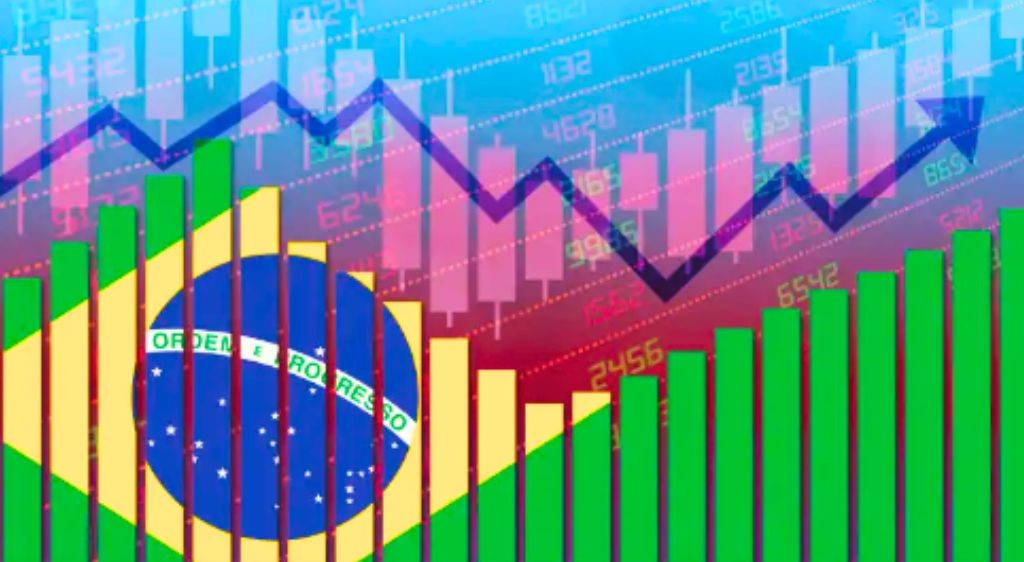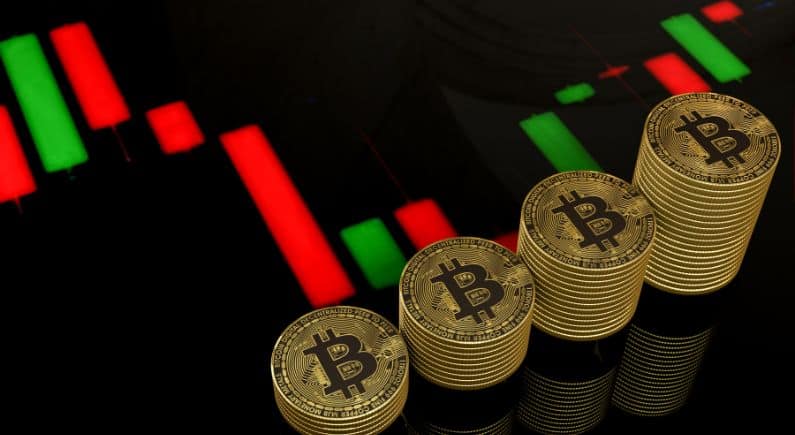Nubank’s ETF innovation in Brazil

Brazil’s digital banking giant, Nubank, has reported substantial investments made by clients in its newly launched Exchange-Traded Funds (ETFs).
Within just five months, the ETFs, Nu Renda Ibov Smart Dividendos (NDIV11) and Nu Ibov Smart Dividendos (NSDV11), have amassed an impressive R$57 million in investments. This feat underscores the growing confidence among investors in Nubank’s ability to offer assertive solutions that cater to their needs.
New era of investment
The ETFs have attracted over 13,000 investors, boasting the best-accumulated return among all ETFs of Brazilian companies listed on the local stock exchange. Notably, NSDV11 has emerged as the standout performer, offering a net return of 17.10 percent after management fees and costs, outshining 36 other ETFs with similar strategies. Its low volatility and high information ratio reflect the quality and efficiency of the index’s construction and allocation.
NDIV11, on the other hand, pioneers the Brazilian market by offering monthly dividend payments, enhancing predictability and convenience for investors seeking passive income. It has yielded a 14.16 percent return and distributed R$3.32 per invested share, translating to a dividend yield of 2.53 percent or an annualized rate of 6.2 percent.
Andrés Kikuchi, CEO of Nu Asset Management, emphasizes the importance of developing innovative products tailored to investors’ needs. He believes that ETFs hold high potential as transparent, managed baskets of stocks, and are essential for diversifying portfolios. With the global ETF market representing a staggering US$10 trillion in investments, Nubank’s ETFs are poised to become a significant force in Brazil’s expanding investment landscape.
The success of Nubank’s ETFs demonstrates the institution’s commitment to providing innovative and accessible investment strategies. As these assets continue to gain traction among investors, Nubank solidifies its position as a leader in the digital banking and fintech space, driving forward the future of investment in Brazil.
Benefits of investing in ETFs
Exchange-traded funds, commonly known as ETFs, present a compelling investment vehicle that allows for the strategic allocation of capital across a diverse array of assets, thereby mitigating the inherent risks linked to individual securities. The inherent nature of ETFs being traded on stock exchanges augments their appeal by affording investors the agility to execute transactions throughout the trading day, with prices being determined by the prevailing market conditions. A notable advantage of ETFs lies in their cost structure; they are generally associated with lower expense ratios in comparison to actively managed funds. This cost-efficiency stems from their design to emulate the performance of an index, rather than striving to surpass it.
The architecture of ETFs is characterized by a high degree of transparency, with daily disclosures of their holdings, thus providing investors with a clear view of the specific assets encompassed within their investment. The versatility of ETFs is further exemplified by the extensive range available, encompassing various sectors, commodities, and geographical regions, thereby offering investors an abundance of options to align with their unique investment strategies. Additionally, certain ETFs offer the benefit of dividend payments, furnishing investors with a consistent stream of income alongside the prospect of capital growth.
However, it is imperative to acknowledge that investing in ETFs is not devoid of risks, including the potential forfeiture of the invested capital. Prior to committing to ETF investments, it is prudent for investors to engage in comprehensive research and to contemplate consulting with financial experts to navigate the investment landscape effectively.






